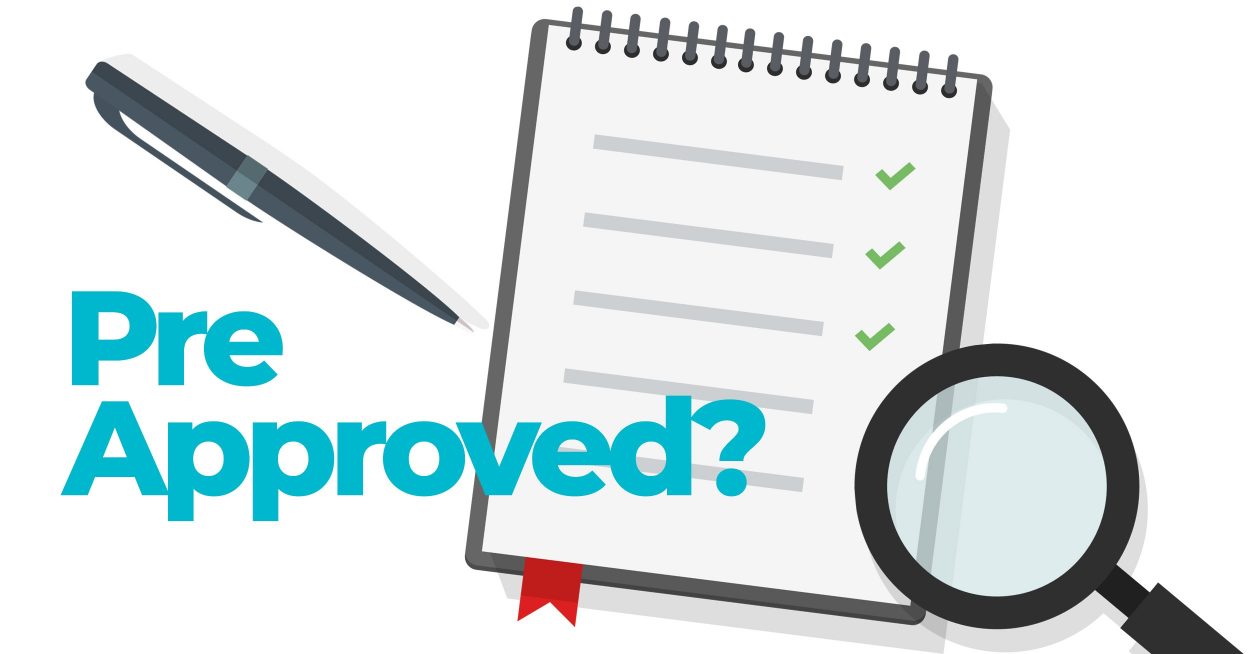
Embarking on the journey to homeownership is an exciting venture, but the path to securing a mortgage can be laden with potential pitfalls. In this guide, we’ll explore what not to do before prequalifying for a mortgage. Let’s dive in and navigate the mortgage waters with wisdom and foresight.
- Rushing the Credit Check One of the initial steps in the mortgage process is a thorough credit check. Rushing into this without assessing your credit report beforehand can be a costly mistake. Take the time to review your credit history, address any discrepancies, and enhance your credit score before the lenders take a closer look.
- Job Hopping and Career Changes Stability is key when it comes to mortgage approval. Constant job hopping or making significant career changes shortly before applying for a mortgage can raise red flags. Lenders prefer to see a consistent employment history, so consider delaying major career moves until after securing your mortgage.
- Incurring New Debt Opening new lines of credit or making significant purchases on credit cards before prequalifying can impact your debt-to-income ratio. Lenders assess your ability to manage debt, and a sudden increase can affect your eligibility and loan terms. Hold off on major purchases until after the mortgage is secured.
- Neglecting Your Budget Understanding your financial health is paramount. Neglecting to create a detailed budget can lead to overspending and financial strain during the mortgage process. Take the time to assess your monthly expenses, factor in potential mortgage costs, and ensure you’re financially prepared for homeownership.
- Keeping Existing Credit Accounts Open Closing old credit accounts may seem like a prudent move, but it can adversely affect your credit score and mortgage eligibility. Lenders consider the length of your credit history, and closing accounts may shorten this history. Keep existing credit accounts open to maintain a positive credit profile.
- Ignoring Prequalification Education Prequalification is not just a formality; it’s an opportunity to educate yourself about your financial situation. Ignoring this step and relying solely on the lender’s assessment can lead to misunderstandings and missed opportunities. Use the prequalification process to ask questions, understand terms, and ensure you’re making informed decisions.
- Co-Signing Loans or Credit Cards While helping a friend or family member by co-signing may seem altruistic, it can have significant consequences for your mortgage application. Co-signed debts are considered your responsibility, impacting your debt-to-income ratio and potentially affecting your eligibility. Hold off on co-signing until after your mortgage is secured.
- Neglecting to Save for Closing Costs In the excitement of securing a mortgage, many forget about the additional costs associated with closing. Neglecting to save for these costs can create financial strain at a crucial stage. Be proactive and save for closing costs alongside your down payment to ensure a smooth and stress-free closing process.
Prequalifying for a mortgage is a crucial step in the homeownership journey, and avoiding common pitfalls can make the process smoother and more favorable. Take the time to assess your financial situation, understand the implications of your decisions, and navigate the mortgage waters with confidence and foresight. With careful consideration and strategic planning, your path to homeownership can be a successful and rewarding experience.

 Facebook
Facebook
 X
X
 Pinterest
Pinterest
 Copy Link
Copy Link

